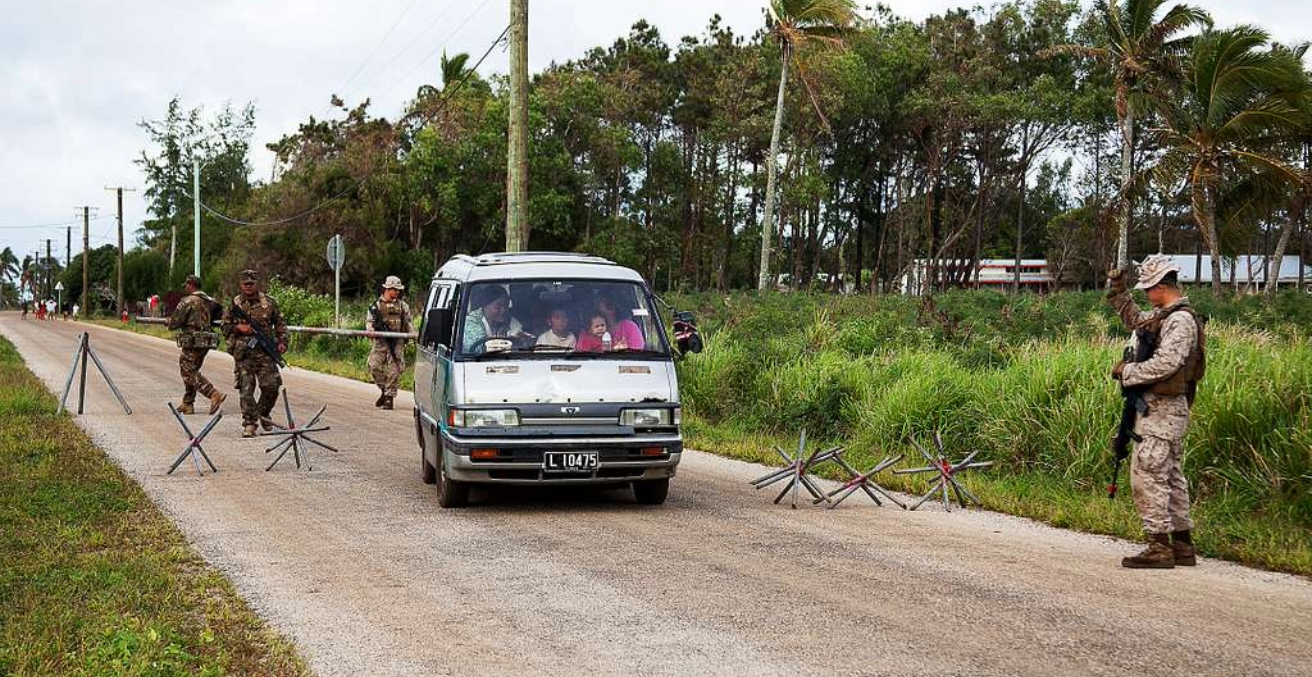Climate discourse too often prioritises the wrong narrative. To end the climate wars, we must urgently promote and amplify new stories and narratives that connect to and reflect the values and views of the world’s youth.
The idea that climate action can encompass a positive vision for the future – not just for the west, but everyone – must be central to the stories we tell. Sharing these stories can serve as a catalyst for delivering on the hopes and dreams of billions of people. Action on climate change is an integral part of the broader program of societal and economic change, transition and transformation that young people are hoping their leaders deliver on. It is crucial, not just to avoiding climate disaster, but to fast-track the eradication of poverty. Fortunately, young changemakers are powerful storytellers and are already using their own experiences to lead movements.
A definitive cliché of COP26 in Glasgow is that it resulted in division, blame sharing, inaction, and deadlock. Rich economies again failed to provide the long-promised levels of financing, while simultaneously and hypocritically pressuring developing economies to step up. Some emerging economies essentially said they will wait for the “rich world” to push the financial envelope forward before rushing to meet the challenges of a global disaster they refuse to feel – and arguably, are not – co-responsible for. And all the while, seemingly abandoned and unheard, the world’s most vulnerable societies stand evermore on the precipice of climate calamity with each passing day. The consequences will be most acutely felt by young people.
Yet, in town halls and municipal council chambers around the world, lively and constructive discussions are taking place on how to accelerate the shift to cleaner forms of energy while avoiding social and economic upheaval. Avoiding such upheaval is especially critical when some of the necessary actions threaten the power of business elites and governments – like removing fossil fuel subsidies.
Contrary to overused tropes about a “disengaged youth,” these conversations are largely prompted by young people, especially by those from the world’s developing regions, who represent 88 percent of the global youth. Concern for climate change is something we see in the actions and responses of Global Citizens. Ahead of COP26, we invited individuals on our platform to share their lived experiences with climate change. The result was overwhelming. Madelena from Kenya spoke about the devastating impacts of shifting weather patterns on her farming town. Elizabeth from Tanzania urged action to help her community better prepare for flash flooding. Tyabe from Pakistan warned about the increasing threat of water shortages in his city. Together with others, their voices formed a rallying cry from the world’s youth — one that demanded action for the planet.
And yet, for too long, the voices of many of these citizen advocates have been flagrantly ignored and misrepresented on the global stage by local elites, international leaders, and even by advocates and activists in the Global North who too often centre their own perspectives when it comes to organising and storytelling.
The Dominant Climate Change Narrative
Central to one of the most common narratives of climate change is that action must be a zero-sum game. Too many feel it is a war in which there will inevitably be winners and losers. There are those, primarily in the Global North, who argue the whole world must all move at the same accelerated pace to achieve net zero emissions by 2050. Implicit in such assertions is that the development needs, hopes, dreams, and aspirations of billions of people in poorer communities is of secondary concern. In effect, these people say to others, “Yes, it is a shame you will not be able to lift people out of poverty in the same way we did, but at least we will keep the planet from burning.” These same assertions are cynically exploited by some political leaders who use them as an excuse for minimal action. After all, it is said, they are not responsible for the present crisis, so why should the aspirations and needs of their people be relegated to the back seat?
Yet, such winner-takes-all equations form just one narrative. Unsurprisingly, this is out of touch with – and does not speak to nor reflect – the views and stories of many youths in both developed and emerging countries. Put simply: a climate narrative focused on limits to economic growth and future pessimism is fundamentally disconnected from their aspirations and values. Neither does it reflect the huge economic opportunities climate action presents, which many young people are among the biggest proponents of.
A global survey by research agency Glocalities in 2021 highlighted how youth in developing regions actually have similar high concerns about climate change, as those in developed regions. Sixty-four percent of youth from developing regions are strongly concerned about climate change. Of course, their worries about climate change go together with similarly high concerns about poverty, unemployment, corruption, quality education, and gender equality.
An Alternative Narrative
Overall, the research from Glocalities highlights that contrary to the pessimistic presentation of climate action as a zero-sum economic game by many of their leaders, young people in developing regions tend to be much more positive about their future. Foregrounding narratives and stories that speak to this alternative outlook could provide a way to finally move beyond the predominantly polarising tone of the so-called “climate wars.” It would serve as a catalyst for connecting to and mobilising, in huge numbers, a new generation of climate advocates capable of demonstrating to leaders the existence of an overwhelming pro-climate constituency impatient for change.
Core to this alternative narrative is that climate action must ‒ indeed can only be ‒ concerned with both the welfare of our planet and the future of our children; the two are not mutually exclusive. The solution to the climate crisis will undoubtedly create new opportunities to improve the health, well-being and livelihoods of one’s community, creating new jobs and economic opportunities, transforming and improving cities, clean air, supporting families, and ultimately raising living standards using new technologies.
Data backs these opportunities up. Renewable energy currently creates five times more jobs than fossil fuels. And, according to the International Renewable Energy Agency (IRENA), the number of renewable energy jobs grew from 1.7 million in 2004, to 10.3 million in 2017, and 11.5 million in 2019. So-called “Just Energy Transition” deals are already being set up to enable particular willing countries to shore up the finance needed to do the jump while protecting their peoples’ welfare. It is happening in South Africa and this example should be replicated many times more. This is the story that needs to be told, and be amplified to a wider audience.
It is a sentiment that was very beautifully and eloquently put forth by Brianna Fruean, a young Pioneering Climate campaigner from Samoa and a recipient of the 2022 Global Citizen Prize: Citizen Award. Receiving her prize last month at the Global Prize Dinner in New York, Brianna shared her optimistic view that the climate crisis need not be the end, but the beginning, in her words, “of an environmental renaissance that serves as a refresh for humanity.” A refresh that consists of transformative action that brings together everyone: from those communities on the frontlines, to those workers impacted in the great energy transition to come.
Stories like Brianna’s are already being told as a counterpoint to the prevailing pessimistic and antagonistic narratives that tend to dominate global climate discussions. But they need a larger stage to cut through at COP27 in Egypt, G20 in Bali, G7 in Germany and equally important, at home. A citizens conference on global governance that creates space for these stories to be told and disseminated amongst the highest levels could definitely help.
In the end, the surfacing and promotion of alternative narratives and stories on climate action may not only provide the basis for energising new constituencies and movements of climate advocates in communities around the world. It would also prevent the cynical appropriation of young peoples’ aspirations as an excuse for inaction on climate change by putting to bed the myth they do not care. And, provided they can be forced to listen to new stories, leaders might finally recognise that they do have a cross-border mandate to move beyond the climate wars of the past and take urgent action now.
Michael Sheldrick is a Co-Founder and Chief Policy, Impact and Government Relations Officer at Global Citizen.
Martijn Lampert is Research Director and Co-founder of Glocalities. Martijn assists multinationals, NGO’s and governments in using social intelligence to achieve their goals in an ever-changing sociocultural context, and is a TEDx speaker.
This article is published under a Creative Commons Licence and may be republished with attribution.




